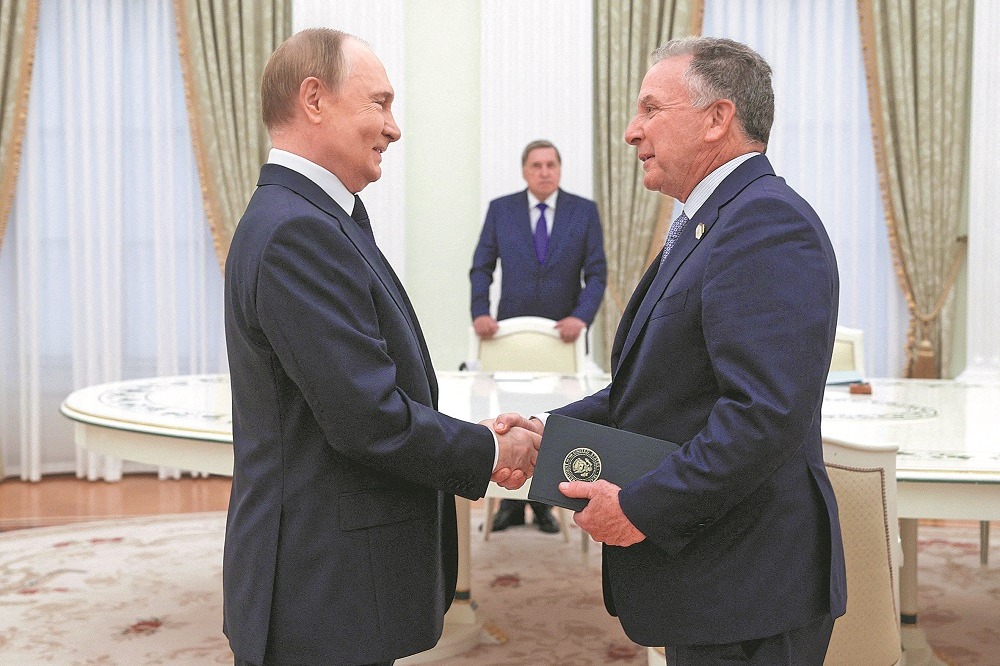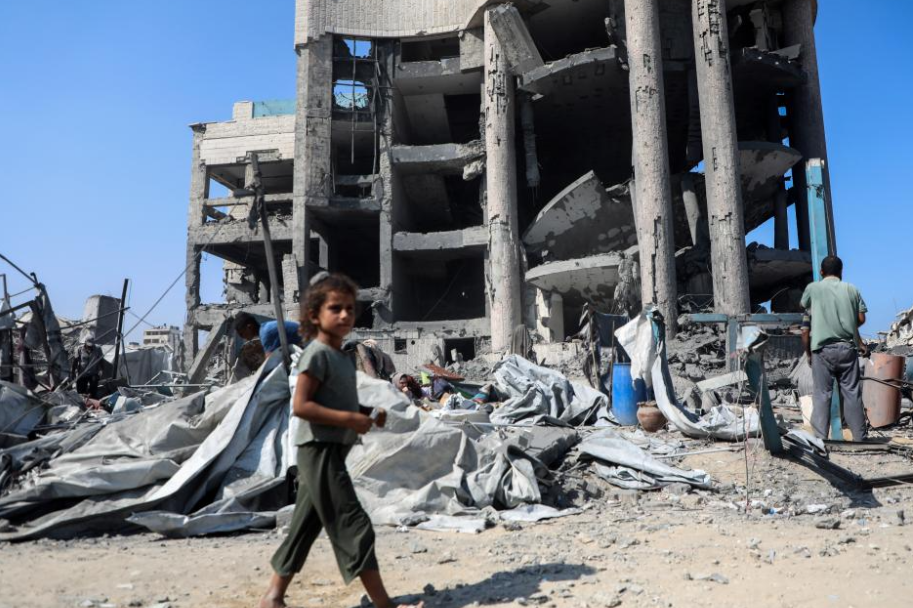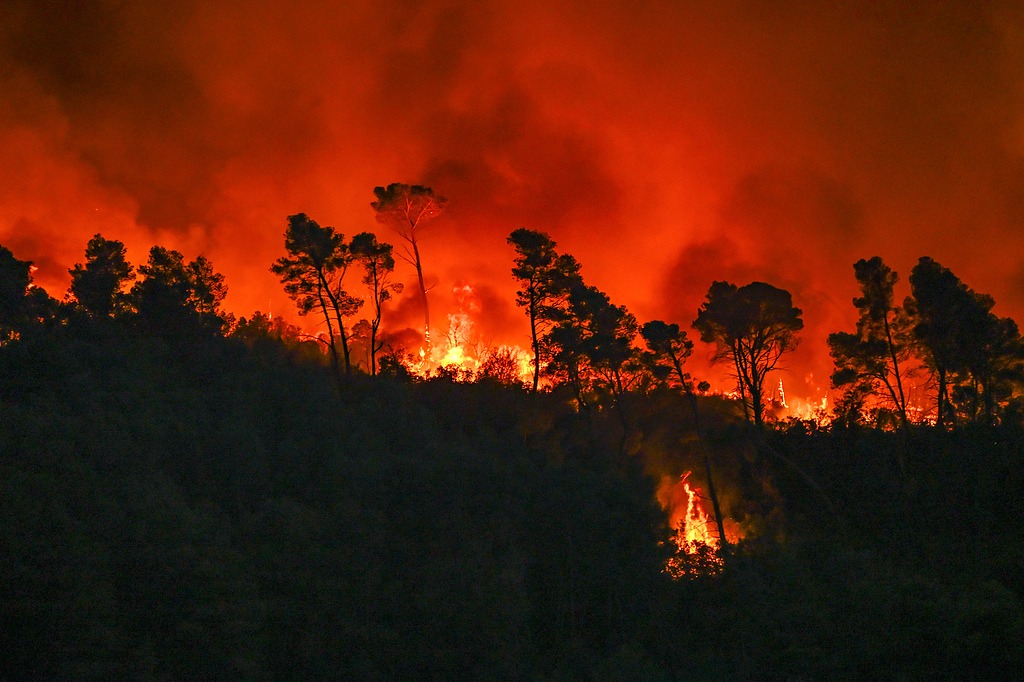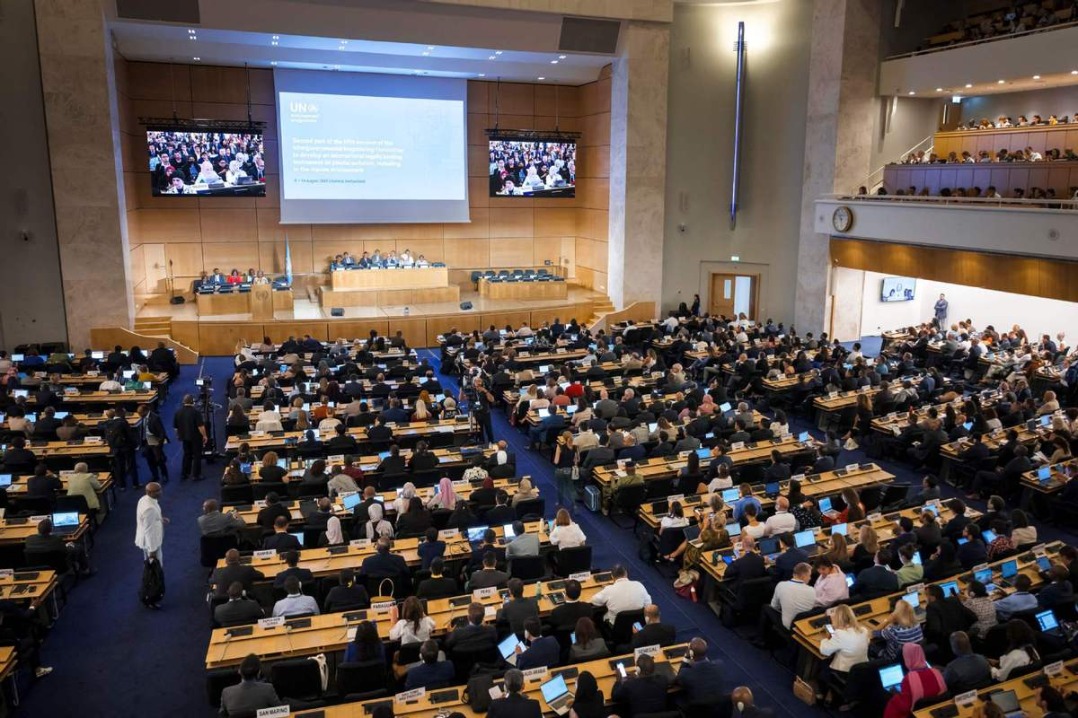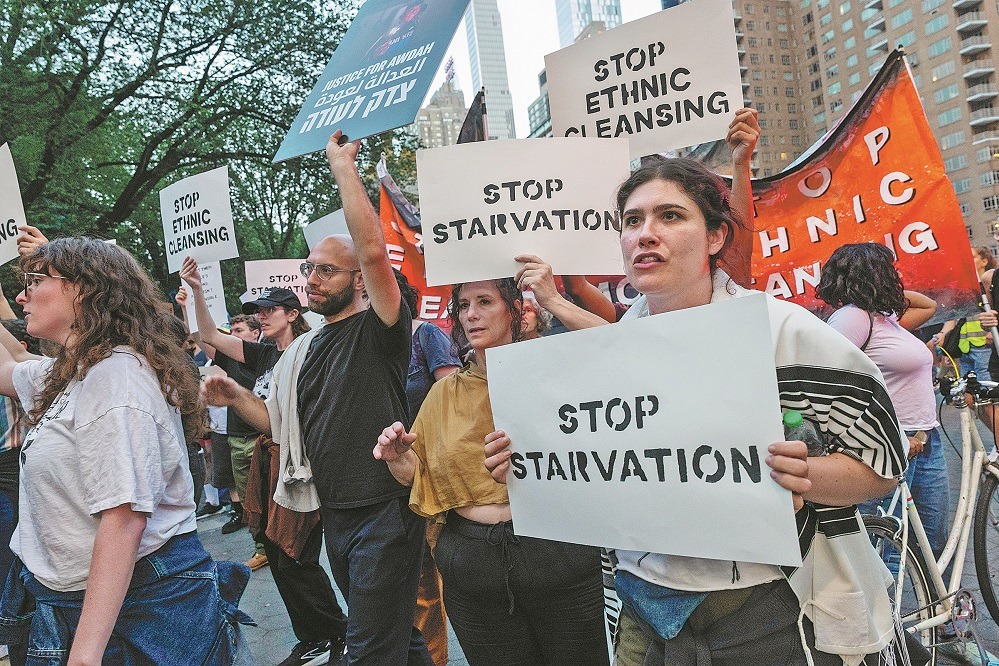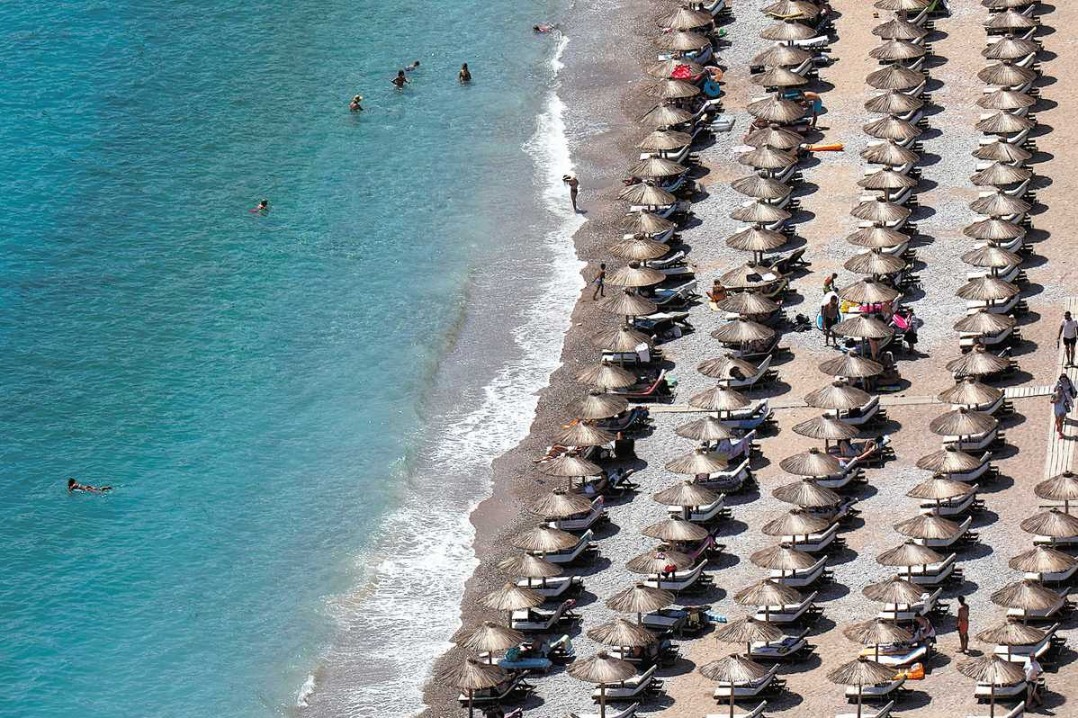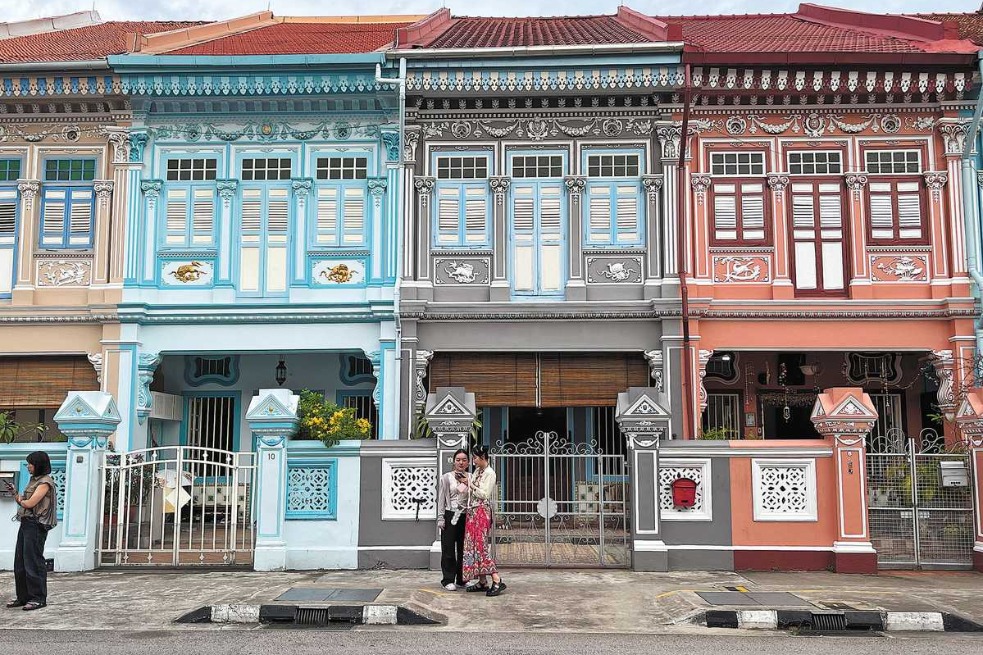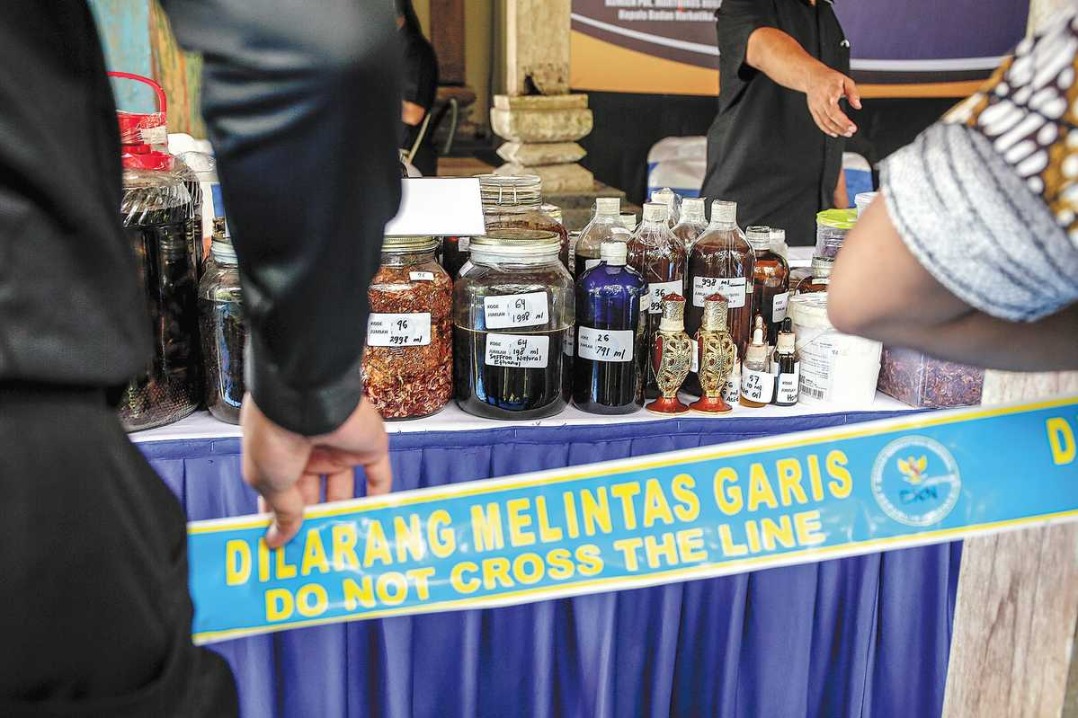Bangladesh set to hold elections in Feb 2026

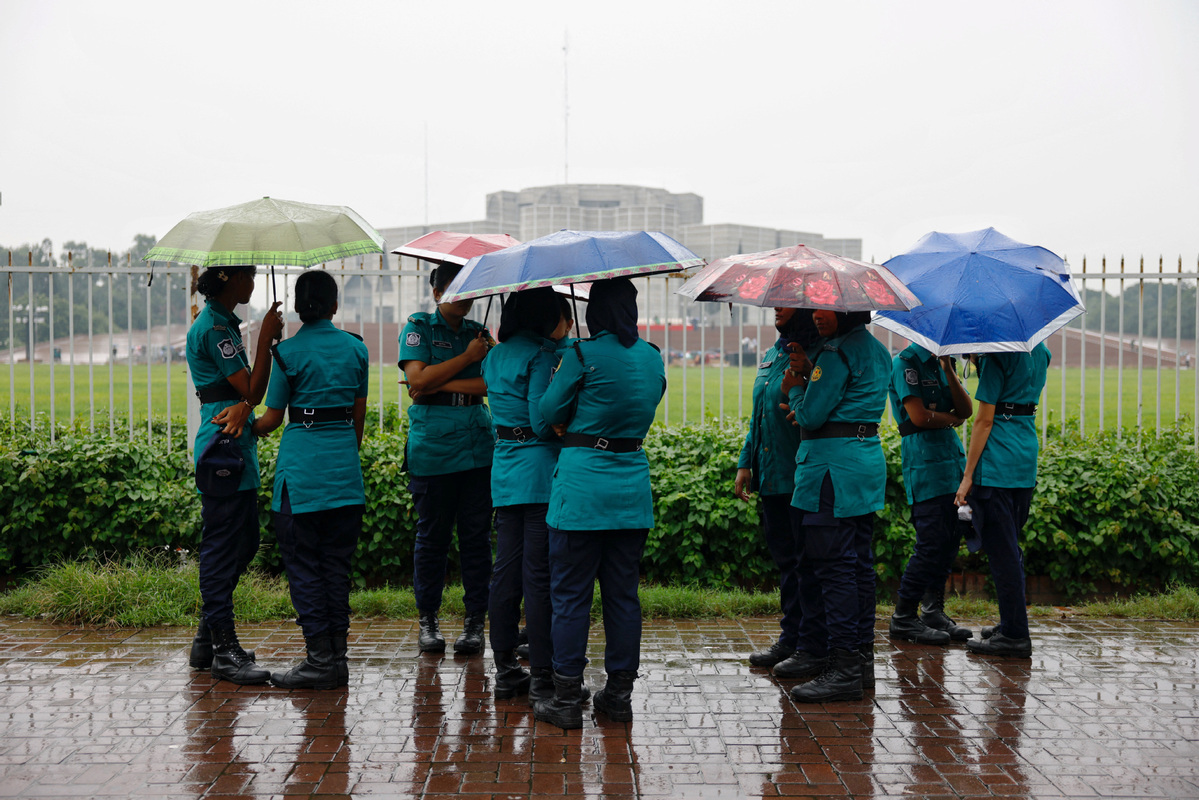
Bangladesh's decision to hold national elections in February signals the country's intent to usher in a "New Bangladesh" amid political and economic challenges, analysts say.
The announcement was made by interim government Chief Adviser Muhammad Yunus on Tuesday night, marking the anniversary of the July Uprising that toppled the previous government.
"On behalf of the interim government, I will write to the chief election commissioner, requesting that the Election Commission arrange the national election in February 2026, before Ramadan," Yunus said. The Islamic holy month is set to begin on Feb 17 or 18.
"We're beginning the transition toward handing over power to an elected government," he said. "Please pray that the election is held peacefully and smoothly, and that every citizen of this country can contribute to building a 'New Bangladesh' successfully."
The vision for "New Bangladesh", as outlined in Yunus' July Declaration, includes a democratic state founded on the rule of law, human rights and moral values — free from corruption and exploitation.
Yunus took oath as head of the interim government on Aug 8 last year, two days after the president dissolved the parliament in the wake of weekslong student-led protests that culminated in the resignation of prime minister Sheikh Hasina.
Abul Kalam Azad Majumder, deputy press secretary to the chief adviser, said the law and order situation was chaotic when the interim government assumed power.
"Thanks to the cooperation of all political parties, the government managed to get through the difficult times and keep the country united."
Since taking office, the interim government has established 15 reform commissions and carried out key reforms across various sectors, though "challenges still persist", Majumder said. "But the government is confident that, with the support of all, it will be able to overcome those challenges and organize a free and fair election in the coming February."
Objectives achieved
Fazle Elahi Akbar, chairman of the Foundation for Strategic and Development Studies, a think tank in Bangladesh, said the interim government has achieved two key objectives.
First, it has stabilized the economy, ensured timely debt servicing, and nearly doubled the country's foreign exchange reserves to $30 billion, he said. Second, inflation has also stabilized, he added.
In his address, Yunus said controlling inflation had been one of the biggest challenges. The fragile economy, compounded by last year's severe floods, had pushed inflation close to 14 percent. That figure has since been halved and could come down to 6 percent by December, he said.
Shahab Enam Khan, a professor of international relations at Bangladesh University of Professionals, also praised the efforts to curb inflation.
Despite numerous obstacles, the interim government has made "notable progress in a brief period, particularly in enhancing the banking sector and improving macroeconomic governance", he said.
There is a growing national consensus on the importance of returning to electoral democracy, he added. However, other observers noted a trend of political polarization, with parties expected to seek alliances in election strategies.
Salahuddin Ahmed, a member of the National Standing Committee of the Bangladesh Nationalist Party, welcomed the recent developments.
"We welcome the July Declaration and the commitment to hold elections in February," he was quoted by the Bangladesh Sangbad Sangstha news agency as saying.
Xinhua contributed to this story.
NK Sanchaya is a freelance journalist for China Daily.
















